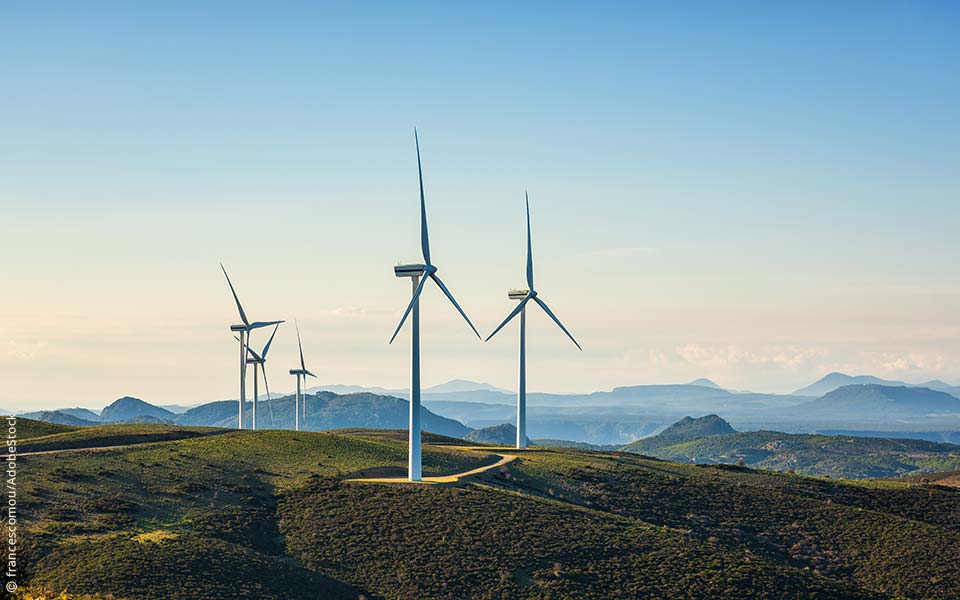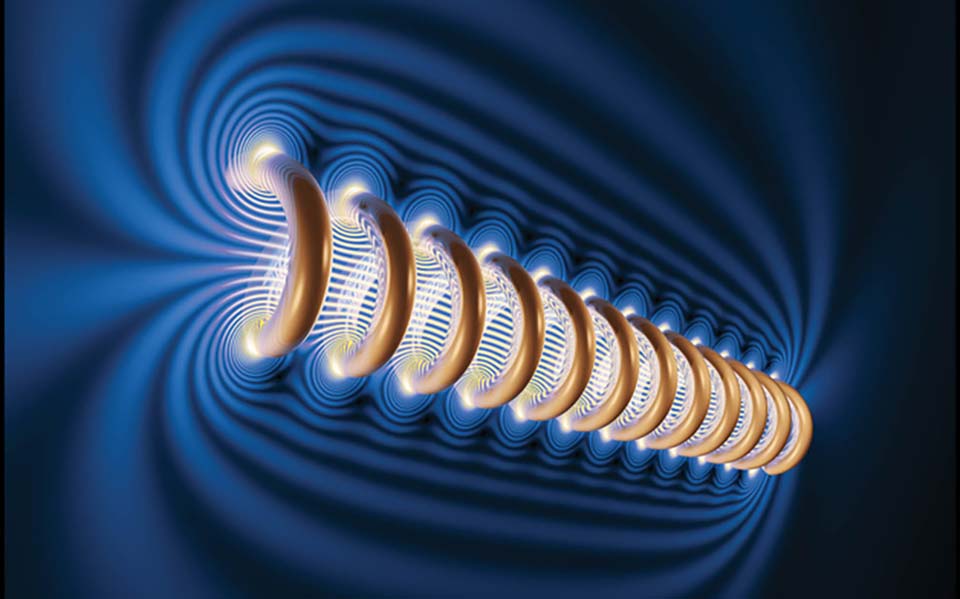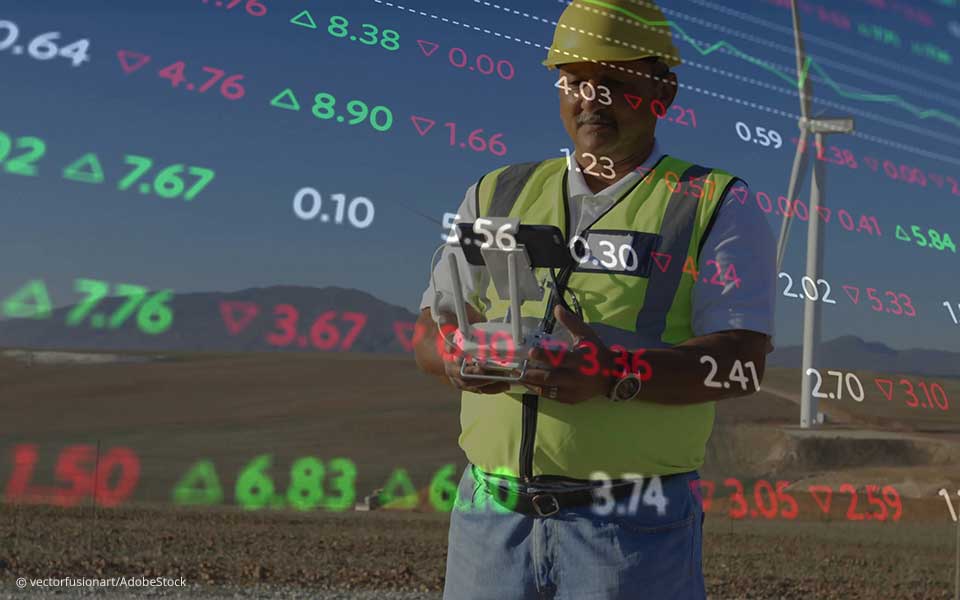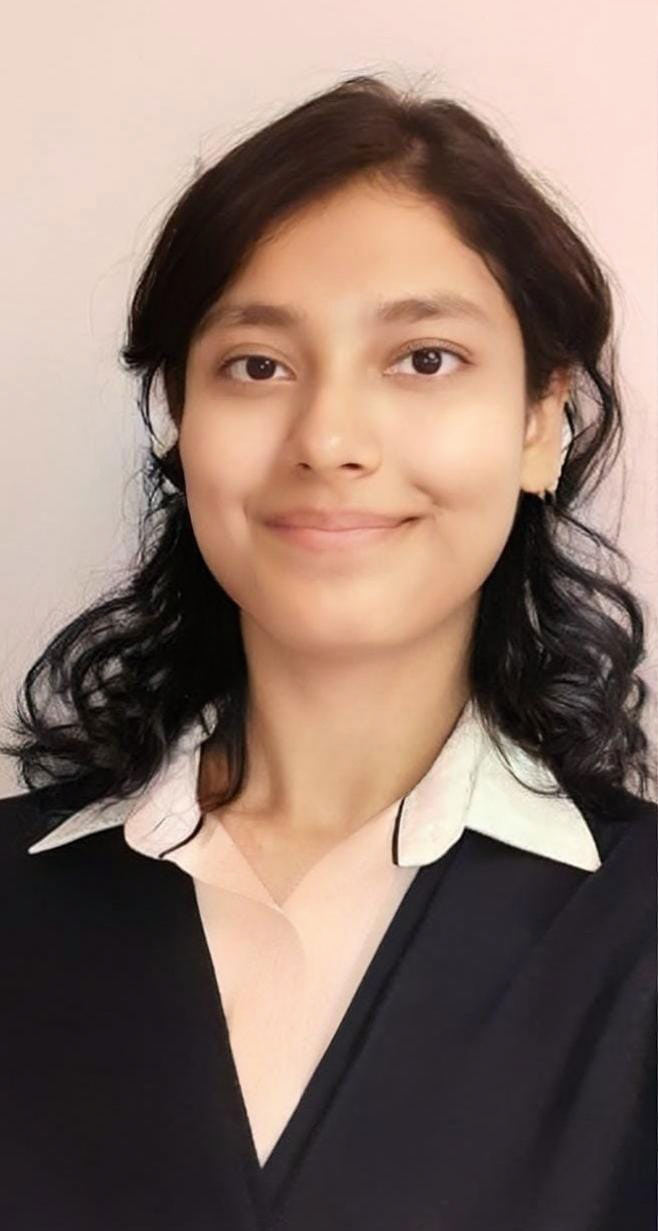I am Anushi Tripathi, pursuing my second Master’s degree (M.Sc.) in ‚Clean Energy Processes‘ at Friedrich Alexander Universität (FAU), Germany. I had completed my first Master’s degree (M.E.) in Electrical Engineering from India in the year 2021. I worked on Electric Vehicles during my M.E. dissertation, which increased my interest and inclination towards clean energy. After completing my Masters in the year 2021, I was actively looking for an opportunity to expand my knowledge in the clean energy field and fortunately FAU had started a new course around the same time, called “Clean Energy Processes (CEP)”.
In the Master’s CEP course, there are two specializations: ‘Energy Systems’ and ‘Energy Technologies’. I opted for the Energy Systems as it had subjects which were more interesting to me. The course is designed in a way, that helps to learn and understand about the elementary techniques for the development and implementation of new approach, which further cater to generation and conversion of renewable energies. There are modules like ‘Process control and plant safety’, ‘Life cycle assessment’, ‘Energy process technology’, and many more, which help us recognize the microscopic and macroscopic level processes involved in energy plants/industries. In addition to this, there is also focus on economics and management subjects like ‘Economics of climate change’ and ‘Quantitative methods in energy market modelling’, which provides insight into the political and economical aspects of energy production, transmission and utilization.
The professors at the department are extremely helpful and have amplified my knowledge, not only by teaching, but also by sharing their rich professional and practical experience they acquired while working on various projects world wide. In addition to the overall development while studying, the job opportunities are abundant after completing the course. Not only can a CEP graduate work with companies that deal with renewable energies, but can also assist companies to switch over to renewable energy with individual’s improved skill of critical planning and assessment.
Being an international student can get a bit overwhelming sometimes, but the department and the university, handles it very well. We have frequent get-to-gathers where we meet professors and new people, which helps to build professional and personal network. Problems get immediately resolved by very friendly course coordinator. The CEP department is diverse, culturally and intellectually, which makes it easier to find a place where you belong, a family of your own, the CEP family.
Here we are at the frontier of clean energy. A “Better Tomorrow” starts here.


Nach meinem Vortrag – worauf es in der Diskussion ankommt
Okay, geschafft: Mein Vortrag ist vorbei. Ich habe über meine Forschung zu molekularen Sensoren gesprochen. Die Folien haben funktioniert, das Publikum war aufmerksam. Jetzt kommt der Teil, den ich nie ganz kontrollieren kann: die Fragerunde. Wir spielen ein paar...

Elektrodynamik zum Üben und Verstehen
Die neue „Aufgabensammlung Elektrodynamik“ für ambitionierte Physikstudierende Wer Elektrodynamik wirklich verstehen will, muss rechnen – und zwar nicht nur Standardaufgaben, sondern auch solche, die über das Übliche hinausgehen. Genau das bietet die neue...

Leistungselektronik – eine Einführung
Von den Grundlagen bis zu den modernsten Anwendungen: Dieses Buch bietet einen umfassenden und praxisnahen Einstieg in die Welt der Leistungselektronik. Und: Durch das in ihm vermittelte Wissen treibt es Energiewende, Elektromobilität und Digitalisierung voran –...

Werkstoffwissenschaft: Die Geheimnisse der Phasenübergänge
Heute tauchen wir ein in die mysteriöse Welt der Phasenübergänge im festen Zustand. Fall 1: Die allotrope Umwandlung des SiO₂ Dieses unscheinbare Material – letztlich ist es Sand – hat eine dunkle Seite: Es kann seine Struktur verändern! Bei seiner allotropen...


